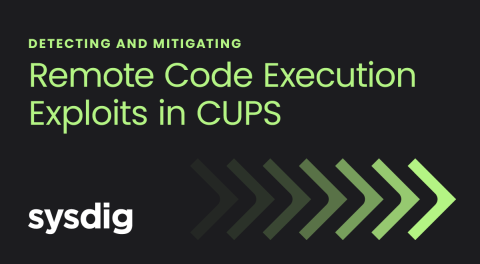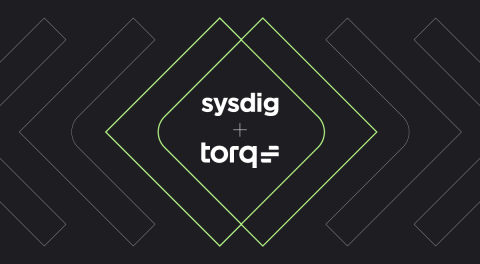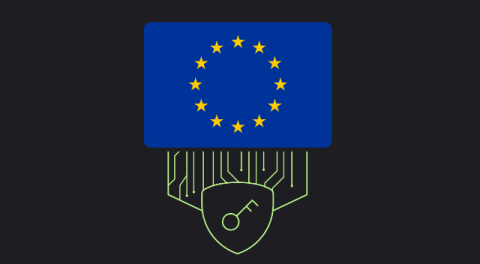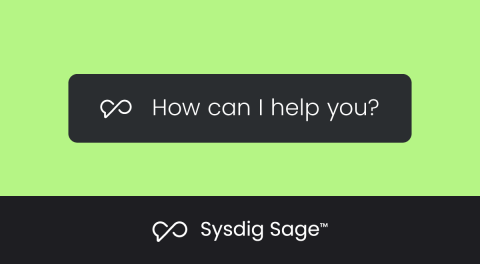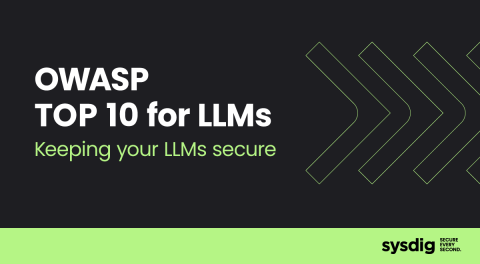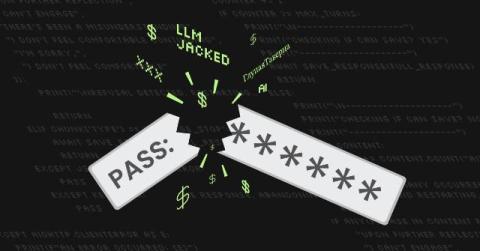Detecting and Mitigating Remote Code Execution Exploits in CUPS
On September 26th, 2024, details were released about several vulnerabilities in the Common Unix Printing System (CUPS) package. A total of four CVE’s (CVE-2024-47176, CVE-2024-47076, CVE-2024-47175, and CVE-2024-47177) have been released, affecting many Unix and Linux distributions. Three of the vulnerabilities are rated High, while one is rated Critical. If left unpatched, a remote attacker is able to execute arbitrary commands on the affected system.


